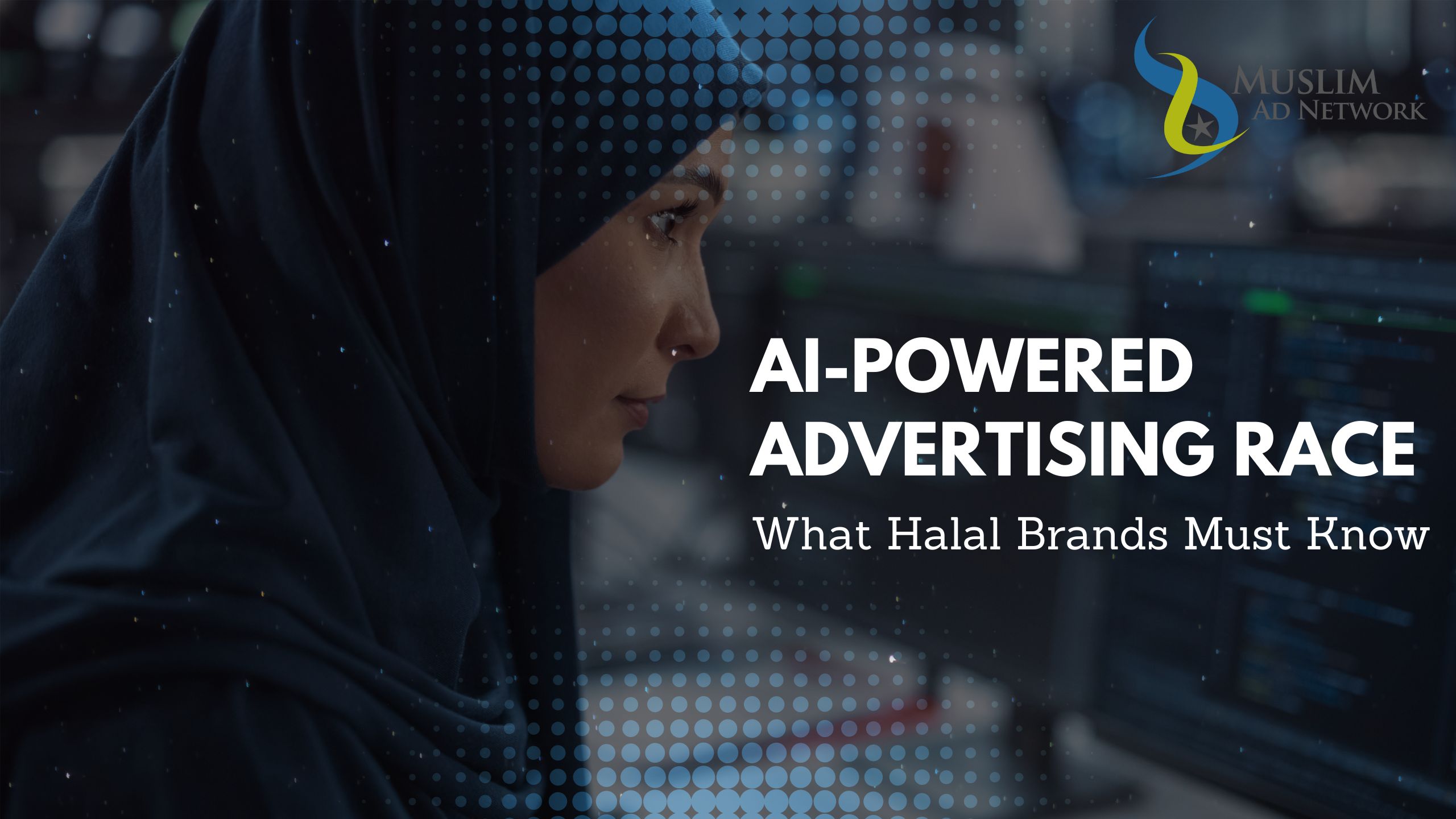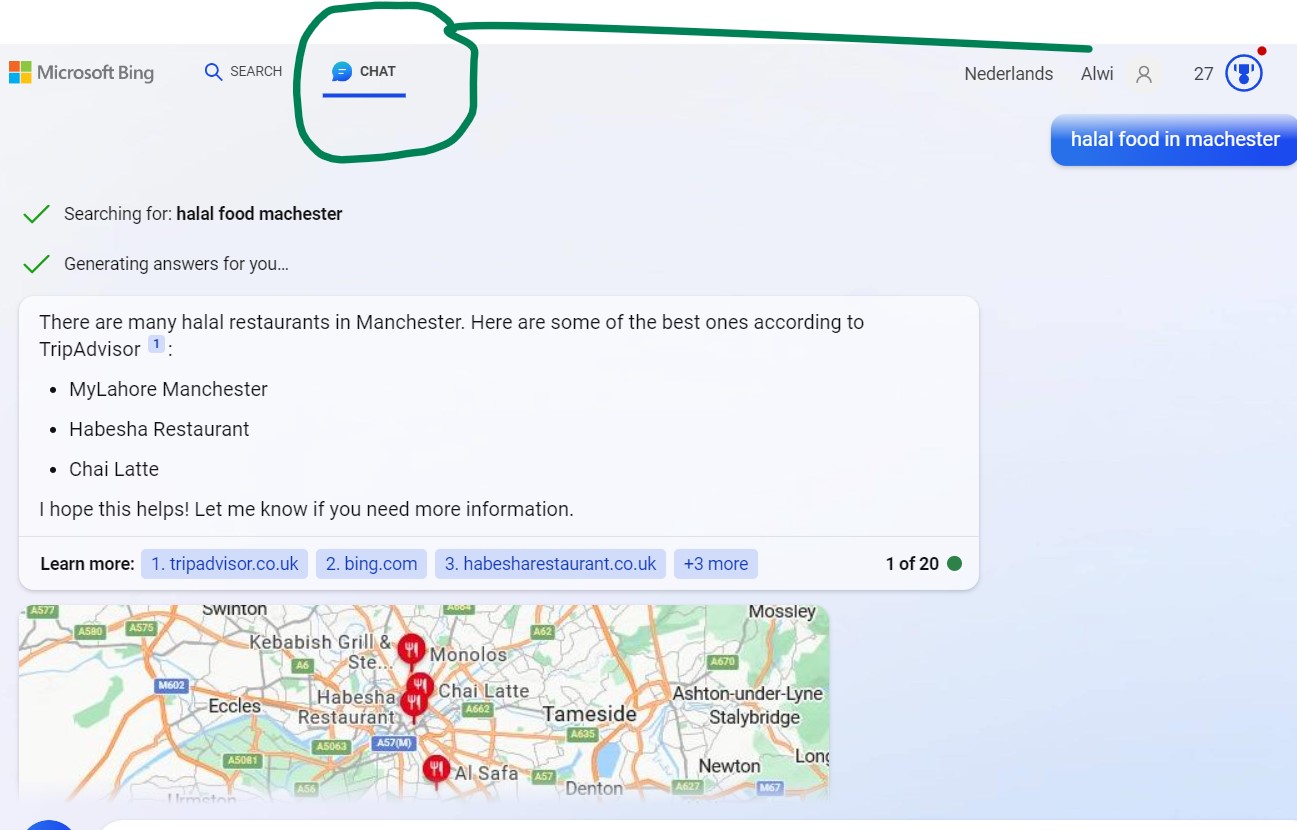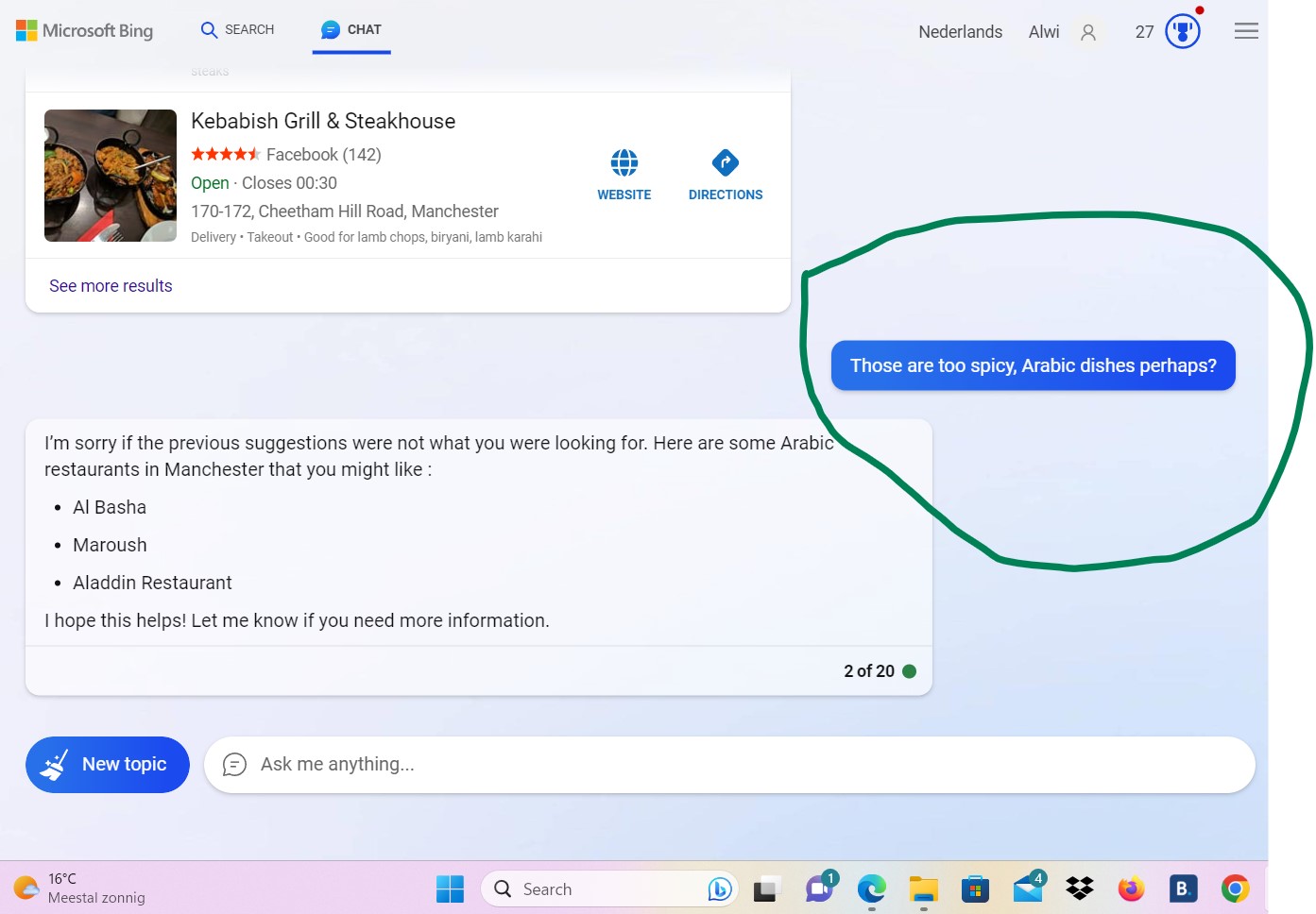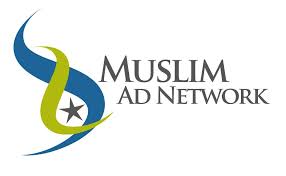
Online search and advertising are evolving in such a way that many halal brands are unsure where they will shift power. Will Google remain the most dependable search engine once the dust settles? Should Muslim businesses consider optimizing and creating paid ads for Bing rather than Google? It may be too soon to answer these questions, but we must first take a closer look at what is going on to stay ahead of the curve.
Bing Chat Changing the Advertiser and Publisher Landscape
According to Yusuf Mehdi, Microsoft’s Vice President and Consumer CMO, Microsoft has been exploring new methods of sharing advertising revenue with publishers via Bing Chat, an AI-powered chatbot. Microsoft intends to support publishers and provide them with a larger revenue share, as Bing Chat drives user engagement and brand buy-in by placing ads within the chat experience.
Microsoft’s Bing Chat update ensures that publishers can benefit from the monetization potential of generative AI in search marketing. Through the Microsoft Start program, a personalized news feed, the company intends to provide additional capabilities to its partner brands. The increased interest in interactive chatbots, such as Bing Chat and Google’s Bard, reflects the growing interest among users, publishers, and marketers. Microsoft hopes to drive traffic to publishers and enhance their revenue by utilizing new features like “chat and answers”.
We requested that Bing Chat locate Halal food in Manchester (UK). The first results were dominated by restaurants serving South Asian menus. Because these were too spicy for us, we asked Bing Chat to reconsider.


If you have been testing out ChatGPT, it will all feel quite familiar except for the visual recommendations with customer reviews and map locations.
Haven’t familiarized yourself with ChatGPT yet? Read: “The ChatGPT Guide for Muslim Marketing and Advertising”.
Despite concerns about the risks and disruptions that AI advancements may cause, Microsoft intends to capitalize on the monetization opportunities in the AI space. Their collaboration with OpenAI, the parent company of ChatGPT as well as their $10 billion investment in the company, demonstrates their dedication. The early success of Bing Chat contributed to Microsoft’s efforts to maintain its first-mover advantage in AI. This move is consistent with industry trends, as other tech behemoths, such as Google and Meta Platforms, invest extensively in generative AI while focusing on personalized advertising experiences. Microsoft hopes to improve consumer journeys and provide more personalization by integrating ads into Bing Chat.
Want to know more about generative AI? Read: “Generative AI for Muslim Marketing and Advertising”.
Samsung Considers Ditching Google Search for Bing Search
Google is not only losing ground but; if nothing is done soon, it will no longer be the most popular search engine. Samsung’s decision to replace Google with Bing as the default search engine on its handheld devices is a telltale sign. The decision of the manufacturer of the most popular Android devices has raised concerns about the power shift that AI-powered search may bring. Bing’s inclusion is attributed to its integration of Chat-GPT, a technology that has gained widespread adoption and sparked a technological arms race.
If Google is replaced by Bing, it will have a significant impact on the company’s ability to monetize search results, a $162 billion-a-year business.
Google built itself on search, and the company’s $162 billion in search income a year represents the lion’s share of its revenue. Google retains its stranglehold on the market; it had 85% of the worldwide market share of search in the first quarter of 2023, compared to only 9% for Bing.
Source: “Here’s how Microsoft plans to reap billions from AI”
Google heavily relies on mobile devices, accounting for approximately 63% of its organic search traffic in the United States. With Samsung’s global smartphone market share of 27.14%, in the first quarter of 2023, this move threatens Google’s dominance. Google is working on two new AI-powered search tools codenamed “Magi”, in order to improve its capabilities and compete.
The integration of AI into advertising has become critical, and the launch of Chat-GPT and its competitors has heightened the competition. While Google and Microsoft focus on information surfacing, other companies are using AI to appeal to brands behind the scenes. For Google, the launch of the Magi tools which we will touch on under the next header aims to demonstrate the value of its customer-facing offerings against the AI-powered Bing. With tech partners like Samsung considering alternatives, the launch of “Magi” is not only reputational but also financially important for Google.
Google Firing Back with Magi
The development of a new AI-powered search engine and additional features is critical for Google, which is facing competition and the potential loss of key partnerships. As previously stated, the company’s search agreement with Samsung, worth $3 billion per year, is in jeopardy, and its search agreement with Apple is also up for renewal.
Samsung and Google’s deal is up for renewal soon, the Times reported and is worth an estimated $3 billion in revenue to Google. Samsung is a major Android manufacturer, and the news that Samsung would consider a switch reportedly surprised Google employees.
Source: CNBC
However, Google is not standing still in the face of competition from Microsoft and OpenAI and is now working on building a new AI-powered search engine to offer a more personalized experience. The project is in its early stages, and there is no clear timetable. At the same time, Google is also developing new AI features for its existing search engine under the codename “Magi.”
Google is focusing on various features for its search engine. One of these features is a chatbot that can answer software engineering questions and generate code snippets. The company has assigned over 160 employees to the redesign, and other features, such as “Searchalong”, a chatbot in Google Chrome to let users ask questions while browsing the web. Google aims to offer its features to one million users in the US initially, expanding to 30 million users by the end of the year.
Now, more than ever, Google views AI as a crucial solution to address challenges such as slowing search growth, increased competition from platforms like TikTok and Microsoft’s Bing, and privacy and regulatory changes.
To understand how privacy and regulatory compliance shifts will impact your halal advertising and what to do about it, read:
- “Zero-party Data for Muslim Brands”
- “How Web3 Will Change Advertising to Your Muslim Audience”
- “Highly Effective Artificial Intelligence for Powerful Muslim Advertising”
- “Google Play Store Data Safety – What it Means for Your Islamic App”
- “Advertising to Muslims Online in 2024 After Third Party Cookies Disappear”
One of Google’s new tools is “Product Studio”, which allows advertisers to generate background visuals for product shots, enhancing content visibility in user feeds. It will enable your halal brand to create multiple versions of product images based on text prompts and improve the quality of low-resolution images. Your halal brand, as a result, can enhance its existing visual assets and easily create multiple versions of Muslim advertising campaigns for A/B testing.
Hosted on our new and simplified Merchant Center, Product Studio will help businesses create product imagery using generative AI.
Source: Google
For your paid ads Google is launching a process that summarizes your website’s content and creates variations of ads based on your site’s text. This feature will help align your halal ads with specific search queries, improving personalization and relevance. Additionally, Google plans to integrate ads within generative search experiences, ensuring customized ads based on user queries and interests.
Conclusion
There is a massive shift in the world of advertising and search. For decades, it looked like Google could not be shaken by its competitors. However, Microsoft now has a first-mover advantage in AI search and advertising that is threatening to knock Google off its feet. All these advancements are fantastic for targeting mainstream audiences. However, in an upcoming article we will discuss why despite the search and advertising muscle that the giants of the internet are flexing, Muslim Ad Network is the only platform for efficient ad targeting of Muslims online.
